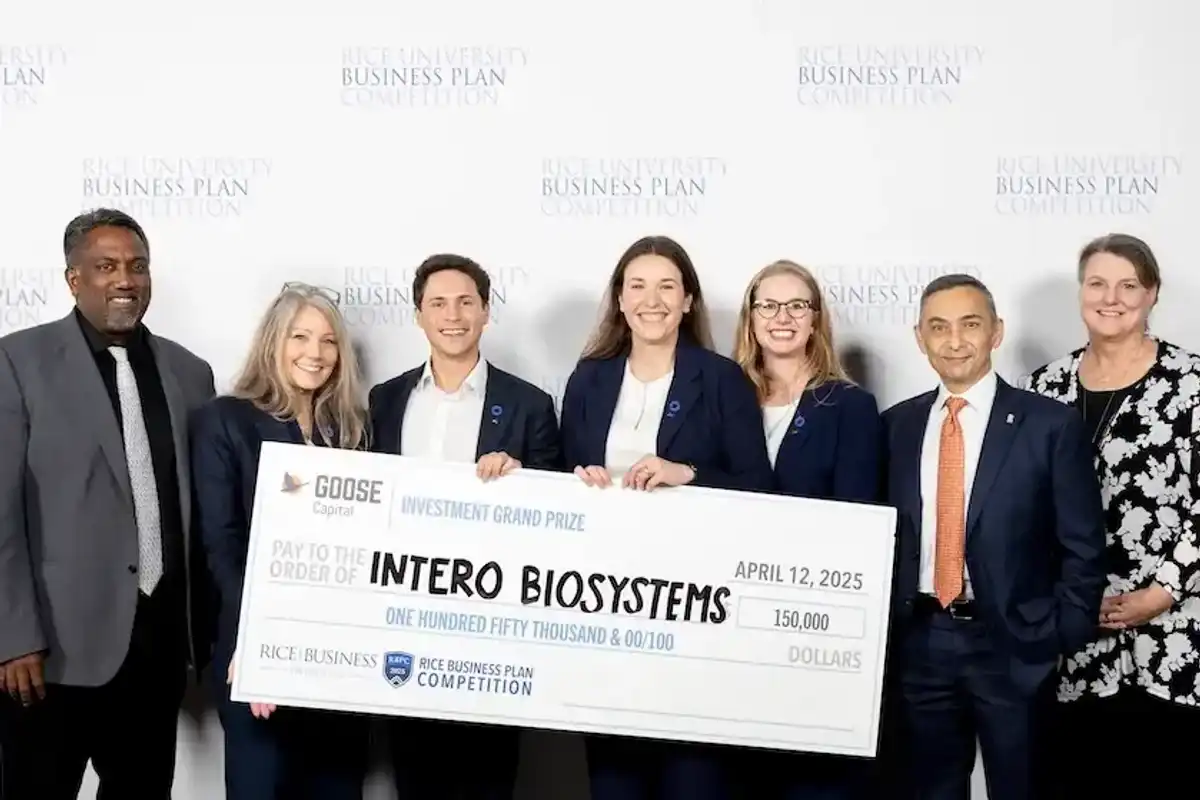Technology continues to rapidly advance across the board and the real estate industry is no exception. However, it’s critical that the housing space welcomes online innovation and the upgrades that it brings to homebuyers with open arms.
As 2024 unfolds, I expect to see online homebuying, smart home features and online interior design options continue to become more prevalent. Being adaptable and providing these resources will only become increasingly important as younger generations move into their homebuying years.
Online Homebuying Gaining Momentum
As homebuyers are often overwhelmed when they begin their new home search online, it’s vital that the process is as seamless as possible. Utilizing technology that shows 3D views of homes for online tours, being able to text an online sales manager for real-time assistance, and offering virtually staged homes to help buyers get a better sense for how their new home will look, are among top trends to emerge. These technologies make the homebuying process efficient and transparent, which ultimately benefits consumers with more informed buying experiences. Taylor Morrison is a leader in the industry with its online reservation system, which allows customers to not only reserve an inventory home already in progress, but also choose a lot, floorplan, elevation, and structural options. The Houston Division was among one of the first housing markets to roll out the online reservation system and has seen firsthand that local homebuyers continue to opt for online resources when purchasing homes as it makes for a low-pressure experience. Since introducing the online reservation system, Houston reservations have a 42 percent conversion rate, while the national average is 31 percent.
Smart Home Features Becoming a Non-Negotiable
Smart home features like Ring doorbells, smart thermostats, electronic door locks, Wi-Fi garage door openers, carbon monoxide detectors, and LED disc lights are another technology trend that homebuyers will expect to have readily available in their new homes. While some might view these features as bells and whistles, they play a significant role in homebuying decision process as they directly correlate to safety and health. In the coming years, I foresee safety and wellness focused home technology becoming an industry standard and something on which many homebuyers won’t budge. In fact, according to a Taylor Morrison survey, more than one-third of home shoppers said they seek to purchase a new home rather than a resale for better in-home health and wellness features. Now, Taylor Morrison has TM LiveSmart, which is a standard offering for all new construction and provides healthy home features at no additional cost for safer and cleaner living.
Online Interior Design Offerings
Gone are the days of spending hours in home improvement stores searching for the right paint color or hardware option. Online design resources will become more sought out in 2024, allowing homebuyers to review available design selections right at their fingertips. Younger audiences are captivated by viral home décor styles seen on social media, so it’s important to tap into trends (like Coastal Grandma) and provide simple, online tools to help them recreate trends in their own homes. Taylor Morrison currently offers an online portal where buyers can draw inspiration from before their in-person Design Studio meetings, making for a more efficient and personal experience when crafting their new home’s aesthetic.
From online homebuying to smart home features, 2024 and beyond is going to be an exciting time for homebuyers and the homebuilding industry alike. While we’re only at the tip of the iceberg when it comes to technological advancements in housing, I’m eager to see how online innovation continues to develop and how we can bring new experiences to homebuyers.
------
Todd Rasmusen is the Houston division president at Taylor Morrison.





